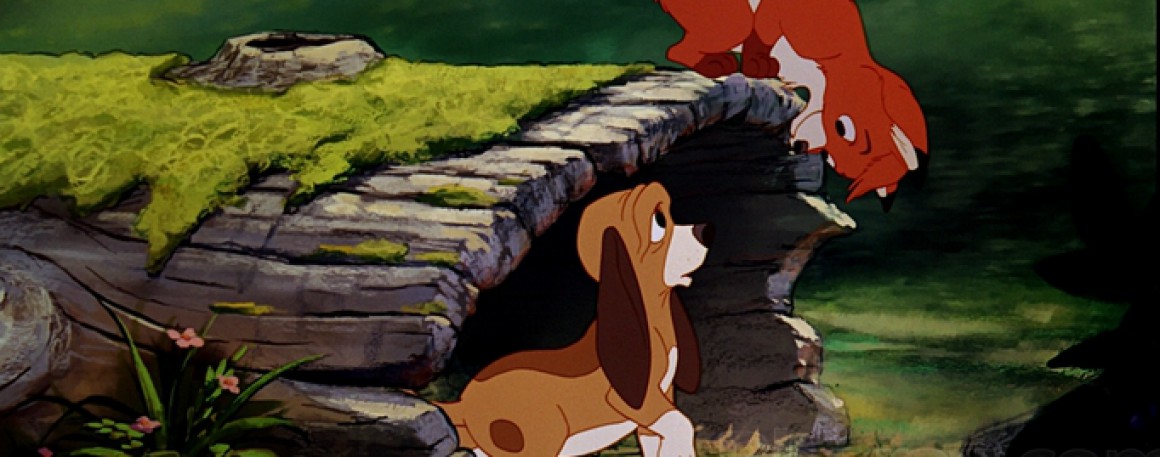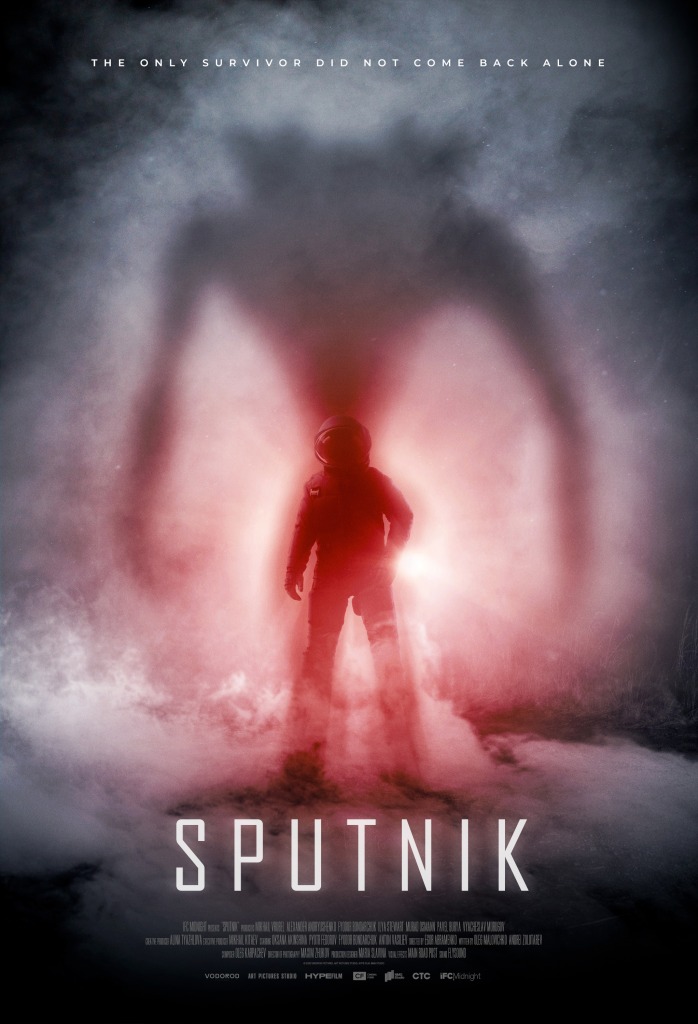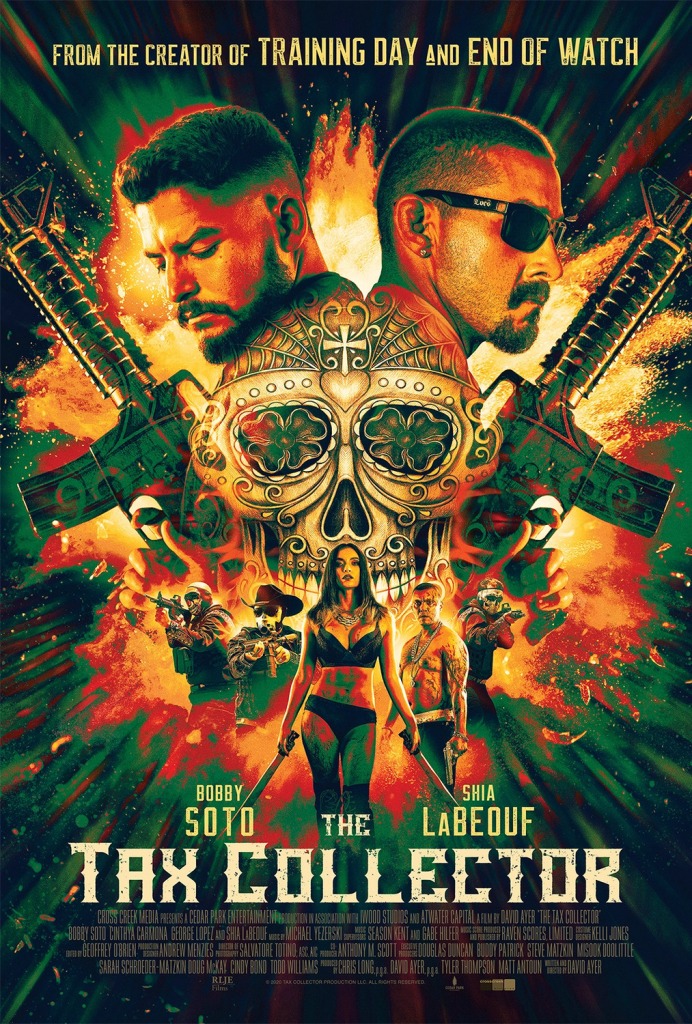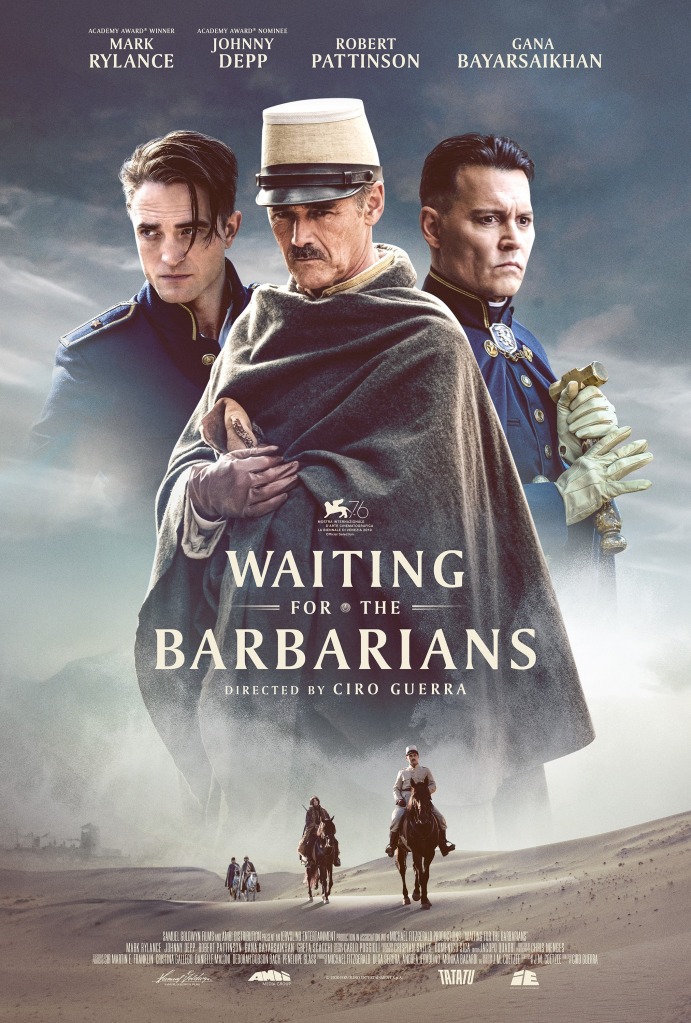
2020 being a terrible year so far is about the only thing everyone can agree upon. Between COVID-19 and serious social issues, people are angry and tired, and they want an end to the misery as instantly as it takes them to write a reactionary comment on Facebook. The reprieves of entertainment have been limited too, with sports needing to exist under safety precautions due to the virus, along with their increase in embracing these social issues. This a way to say that “turning on the game” hasn’t exactly become a means for escape. We of course should be looking for solutions instead of escape; however, I’ll admit to wanting a breather that entertainment can provide.
Enter Ted “Theodore” Logan and William S. “Bill” Preston, the “Bill & Ted” who went on a An Excellent Adventure in the late 80’s and a Bogus Journey in the early 90’s. Now they’re back for a final trip through time in hopes of saving reality. The goal used to be saving humanity, though their new film Bill & Ted Face the Music seems to recognize that in order to save humanity, you have to unite them in the common cause of saving reality. The film doesn’t throw this point in our face, but Bill and Ted notice the change in their task. And I think it’s an appropriate change. Look, Face the Music isn’t a profound work of art that seeks to stay with you all hours of the night, it’s a silly sci-fi comedy that understands its goal, and that goal is to party on. And to my delight, it does.
Since the last time we saw them, Bill (Alex Winter) and Ted (Keanu Reeves) of the rock band Wyld Stallyns have been unable to write “the song that would unite the world.” As a result, time and reality have began to collapse on itself. After a ridiculous performance at Logan (Ted’s younger brother) and Missy’s (Ted’s former stepmom…and Bill’s former stepmom) wedding, Kelly (Kristen Schaal), the daughter of Rufus (the late George Carlin), arrives from the future to take Bill and Ted back to meet with The Great Leader (Holland Taylor), who tells them they have until 7:17pm that night to write the song, or reality will be destroyed. Deciding that they won’t be able to write the song in time, Bill and Ted use Rufus’ time-travelling phone booth to attempt to steal the song from their future selves. However, with each jump ahead into the future, they come across progressively worse situations, learning that their (princess) wives leave them and their daughters no longer speak to them. Speaking of their daughters, Billie (Brigette Lundy-Paine) and Thea (Samara Weaving), who share their dads love for music, want to help write the song. So they take Kelly’s time machine, and enlist the help of historical figures all throughout music history. And Death (William Sadler) gets involved again because damn straight.
I needed this movie. I needed its cheesy humor; I needed to not only laugh at some of the dialogue, but especially laugh at the way it was said. The now Bill & Ted trilogy are three movies that are better than they have any right to be, and while Face the Music may be the least of them, it could not have come at a better time. The plot is simple, but nicely divided up into two factions – the dudes, and their daughters. Each of these sections have scenes that don’t land with the comedy, but they’re also both filled with a enough small moments of goofiness to earn their build to the film’s final act, which thankfully flourishes instead of petering out. In that final act, the movie gets even more outrageous and endearing. Leading to a conclusion that feels like a great big hug. I’ve heard complaints that the film ends too abruptly, but the first two end the same way.
As with any of these long delayed sequels, the main focus is on the returning stars. Keanu Reeves has become a beloved figure in recent years, and he continues to show why. Ted was the kind of role that I never thought he’d be willing to do again, but here he is embracing the “Woah” a bunch of times. He won’t be winning any Oscars, but I liked that his Ted seems more melancholy than before. Unlike Reeves, Alex Winter has been trying to get this film made for a while, and his performance reflects that. Winter brings more energy than Reeves, and seems to be in constant state of joy to be Bill once again. As their daughters, Samara Weaving and Brigette Lundy-Paine are mostly excellent, and never heinous. Weaving is becoming a star, and continues to be able to poke fun at herself while disappearing into a role. Of the two though, it’s Brigette Lundy-Paine who truly shines. As Ted’s daughter, Lundy-Paine out-Keanu Reeves even Keanu Reeves, with an almost scary reminder of the actor in the earlier films. One gripe is that there are times when they do imitate a little too obviously. Kristen Schaal is fine in her role, but I couldn’t help miss George Carlin, who gets a nice little tribute. Kid Cudi plays himself, and instead of that being a misstep, the film allows his character to be integral to the plot in a fun and surprising way. Of everyone, the two standouts are Anthony Carrigan as a character named Dennis Caleb McCoy, who’s every line is solid gold, and the returning William Sadler as Death. Sadler was an ubiquitous actor back in those early 90’s, and I’ve missed seeing him; as Death, he slips back into his role better than Reevres and Winter, and with hilarious results.
Chris Matheson and Ed Solomon wrote all three installments of Bill & Ted, and they know these characters, and the specific kind of story they belong in. Some moments do feel dated, but there are plenty of small asides that make up for it. To be fair, that may have something to do with director Dean Parisot, who made the great Galaxy Quest, another film that shouldn’t be as good as it is. Parisot keeps the narrative flowing, and never plays a moment in too serious of a way that hinders the goofiness needed for Bill and Ted to be Bill and Ted.
Going into Face the Music, all I wanted was a much needed escape. The film is exactly that, I just didn’t realize how much I needed it.
Grade: B+








